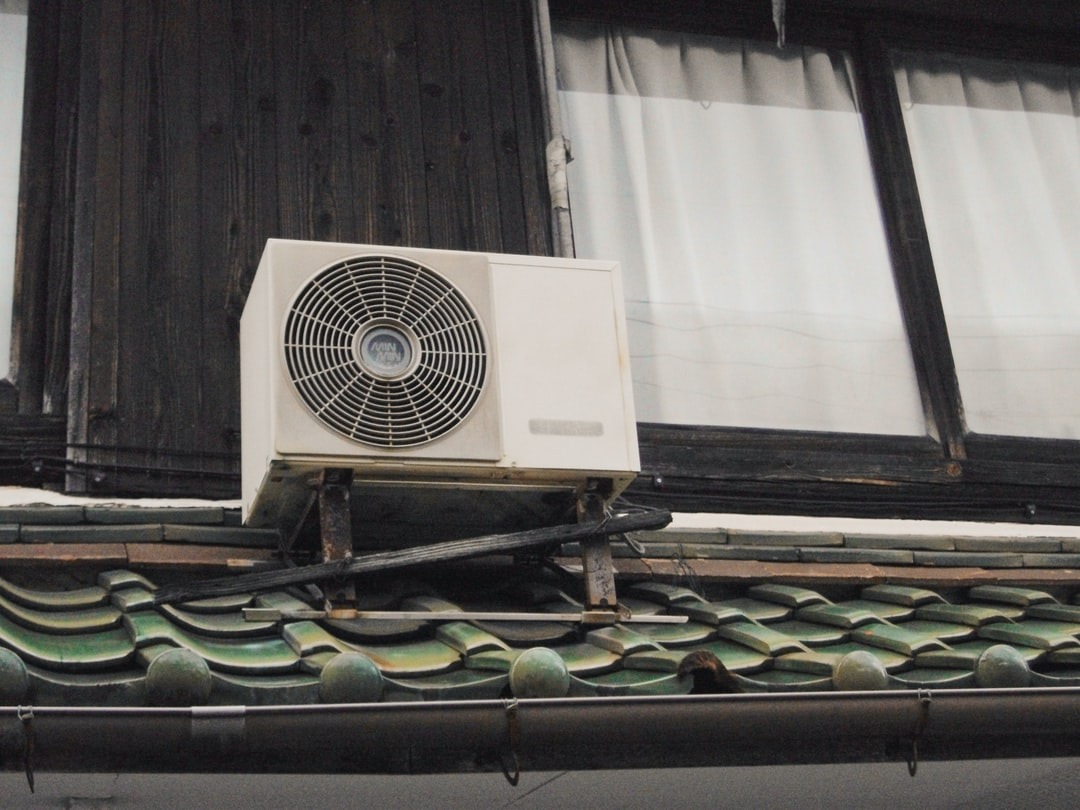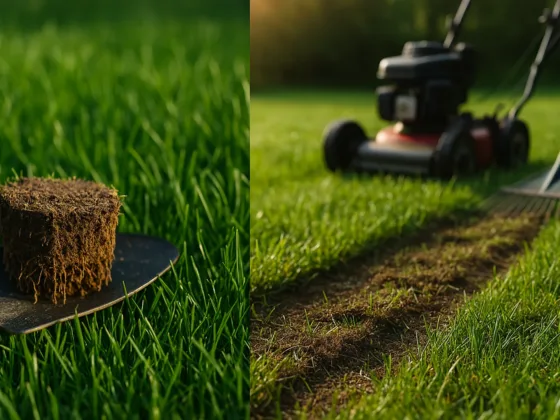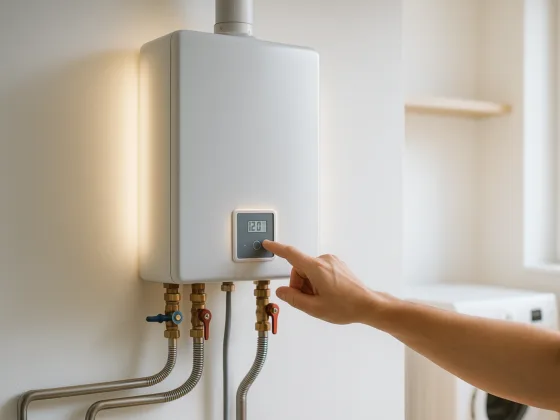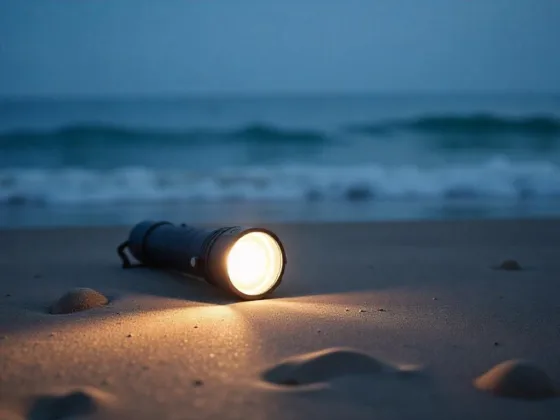Ice can be a real problem for air conditioning units. Not only does it make the unit work harder, but it can also lead to a breakdown. If you’re a first-time homeowner, you may not know what to do when you run into this problem with your AC.

Fortunately, it’s easy to find resources online that can help with troubleshooting. You’ll also be able to learn what you can do to avoid allowing ice to build up in the future.
If you’re interested in educating yourself, keep reading to find out how to prevent ice from building up on an air conditioning unit.
How can you Prevent Ice from Building upon an AC Unit?
If you live in an area where the temperature drops below freezing, it is important to take steps to prevent ice on AC unit from building up. One of the best ways to prevent ice from building up is to cover the unit when it is not in use.
This can be done with a tarp or a piece of plastic. You can also use a heater to warm the area around the unit. Regularly check for debris around the AC unit and clear it immediately. You want to get rid of any sticks, leaves, or other obstructions.
Homeowners who live in areas with consistently low temperatures may want to take additional steps, like using a de-icer or anti-freeze on your AC unit in the winter. This will help to keep the unit clear of ice and ensure that it continues to function properly.
Read Also:
Another option is to add an anti-freeze solution to the water drainage system. There are also heating pads and other solutions that can be used to keep your HVAC unit warm and free of ice.
If you’re concerned about ice build-up, you should call an HVAC technician and have them inspect the unit. They can make a professional recommendation about what the best steps to take are.
Regular maintenance will prevent most common problems, such as a decrease in air quality, poor performance, and unexpected breakdowns. By having a qualified HVAC technician perform routine maintenance, you can ensure that your system is running at its best and that you’re getting the most out of your investment.
You should have the filter changed on a monthly basis and have the unit examined biannually. The average lifespan of an HVAC system is from ten to fifteen years.
Why is HVAC Maintenance so Important?
HVAC systems are one of the most essential pieces of equipment in any home or office. Not only do they provide comfort and regulate the temperature in a space, they play a vital role in indoor air quality.
That’s why it’s necessary to ensure that your HVAC system is properly maintained. There are also other concerns to be aware of. Dust and other particles can build up in the system over time, which can cause the unit to overheat. This can lead to a fire or other safety hazard.
There’s a reason the EPA created the indoor air quality program: because indoor air is more meaningful than most homeowners realize. In fact, the EPA has stated that indoor air can be up to five times more polluted than outdoor air.
Air pollution is made up of a variety of contaminants, including particles, ozone, and nitrogen dioxide. These pollutants can cause respiratory and heart problems, as well as cancer. Children and the elderly are particularly at risk.
As you can see, HVAC maintenance should be a high priority, no matter where you live. In areas where extreme cold is a regular occurrence, you may need to take additional preventive measures to avoid excessive ice on your AC unit.
This can include using a tarp when the HVAC system isn’t being used, clearing debris from the area, and using anti-freeze. If you experience any issues, you can call an HVAC technician and have them inspect the unit to diagnose the problem. Don’t try to repair the unit on your own, you could worsen the issue or injure yourself.










